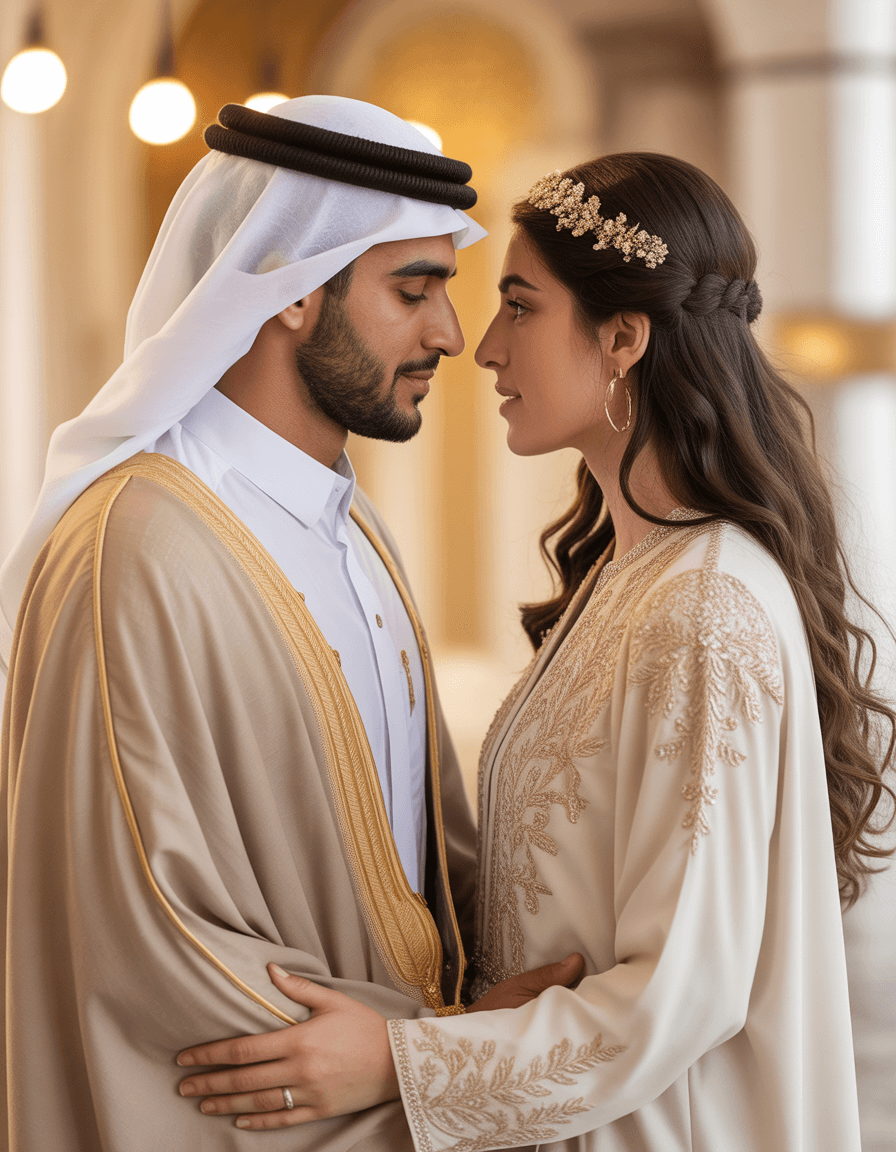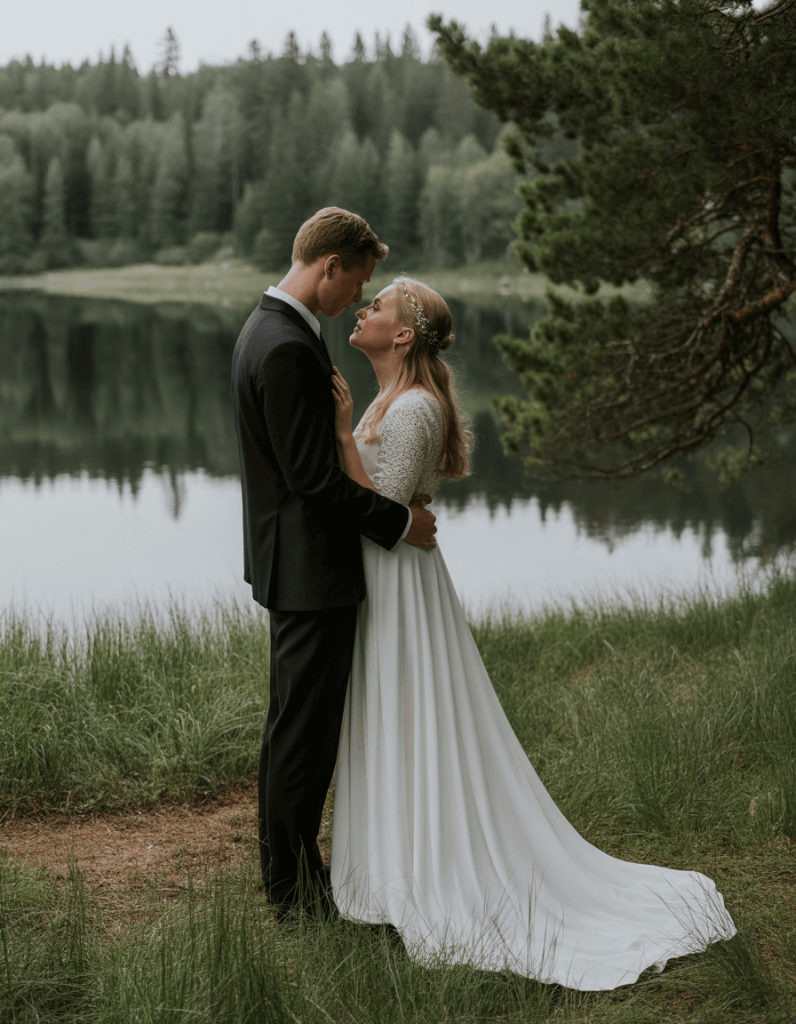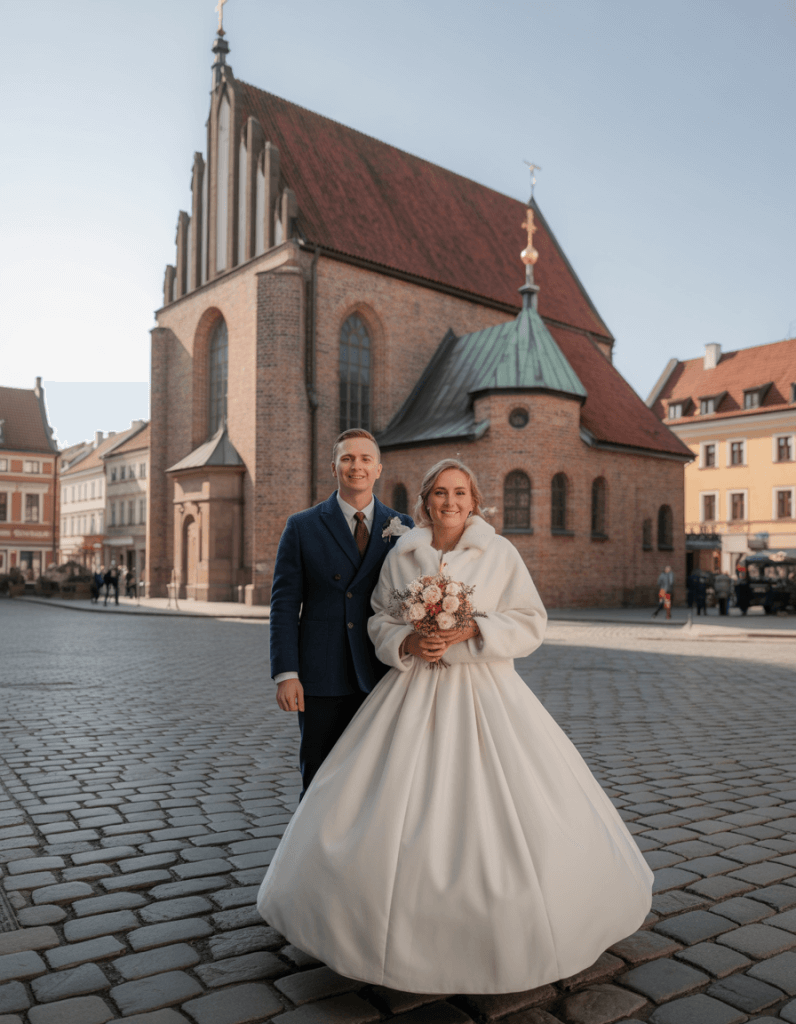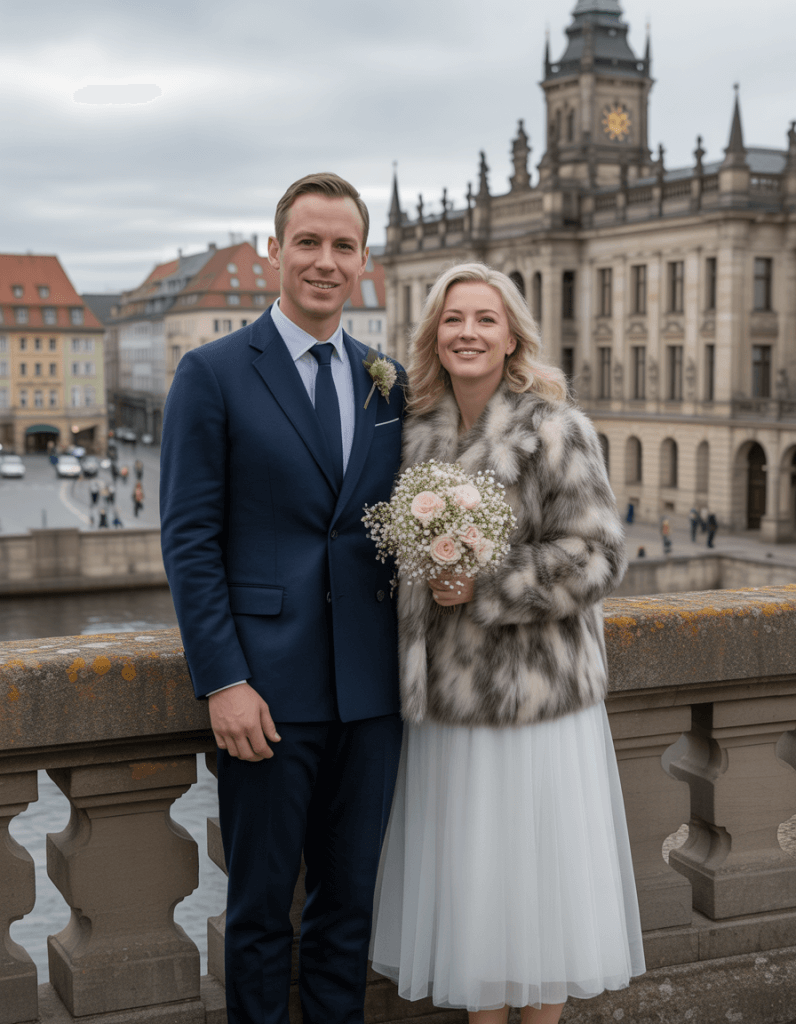In Saudi Arabia, marriage remains a key social institution, closely tied to family, religion, and cultural norms. Over the years, the average age people get married in Saudi Arabia has gradually increased. While traditional expectations once led many young women and men to marry early, shifts in education, economic characteristics, and societal norms have contributed to a trend of marrying later in life.
Young married women today are more likely to pursue higher education and career opportunities before committing to a long-term relationship. Parents continue to play a role in guiding marriage decisions, but many couples are now making choices based on personal readiness to start a family.
Current Statistics on Marriage Age
Recent reports indicate that the average age at first marriage in Saudi Arabia is approximately 28 for women and 30 for men. This marks a significant rise compared to previous decades, when it was common for people to get married before age 25. The trend of marrying later in life reflects broader changes in societal expectations, including family planning, education goals, and financial stability.
The minimum legal age for marriage in Saudi Arabia has also influenced these statistics. Recent legal reforms now require a minimum age of 18 for both women and men, aiming to reduce child marriage and ensure couples are prepared for the responsibilities of marriage.
Factors Influencing Delayed Marriage
Several factors contribute to the increase in average marriage age. Education plays a major role, as more Saudi women are attending school and pursuing higher education. Men also increasingly prioritize career development before marrying for the first time. These economic characteristics, combined with evolving cultural norms and mass media influences, have encouraged couples to delay marriage until they are ready to establish a stable household.
Another factor is the rising awareness of reproductive health and family planning. Couples now have access to more information and resources, allowing them to make informed decisions about when to marry and start children.
Young Women and Early Marriage
While early marriage and child brides were historically more common in Saudi Arabia, the number of young married women under 18 has declined. This shift aligns with global human rights campaigns advocating against child marriage and domestic violence. Families are increasingly supporting education and personal growth for girls and boys before marriage.
Legal changes enforcing minimum age requirements, along with increased school attendance, have further contributed to the delay of first marriage. These trends are gradually reshaping societal attitudes toward marriage and family life.
Cultural Norms and Family Expectations
Marriage in Arabia continues to be influenced by traditions, religious laws, and family expectations. Families remain central to the marriage process, but couples are gaining more autonomy in choosing partners. The readiness to start a family is now a priority, with many people seeking emotional maturity and financial security before committing.
This shift in demographics reflects the balance between preserving cultural values and adapting to modern life. Marrying later in life allows couples to establish independence, strengthen relationships, and create a stable environment for future children.
Conclusion
The average age people get married in Saudi Arabia has steadily risen. The reasons are a combination of education, economic characteristics, legal reforms, and changing cultural norms. While marriage continues to hold an important place in society, couples now prioritize readiness, stability, and personal development.
As Saudi Arabia continues to evolve, the trend of marrying later in life is likely to grow. It offers both men and women the opportunity to build stronger, more fulfilling partnerships while respecting traditions and family values.













